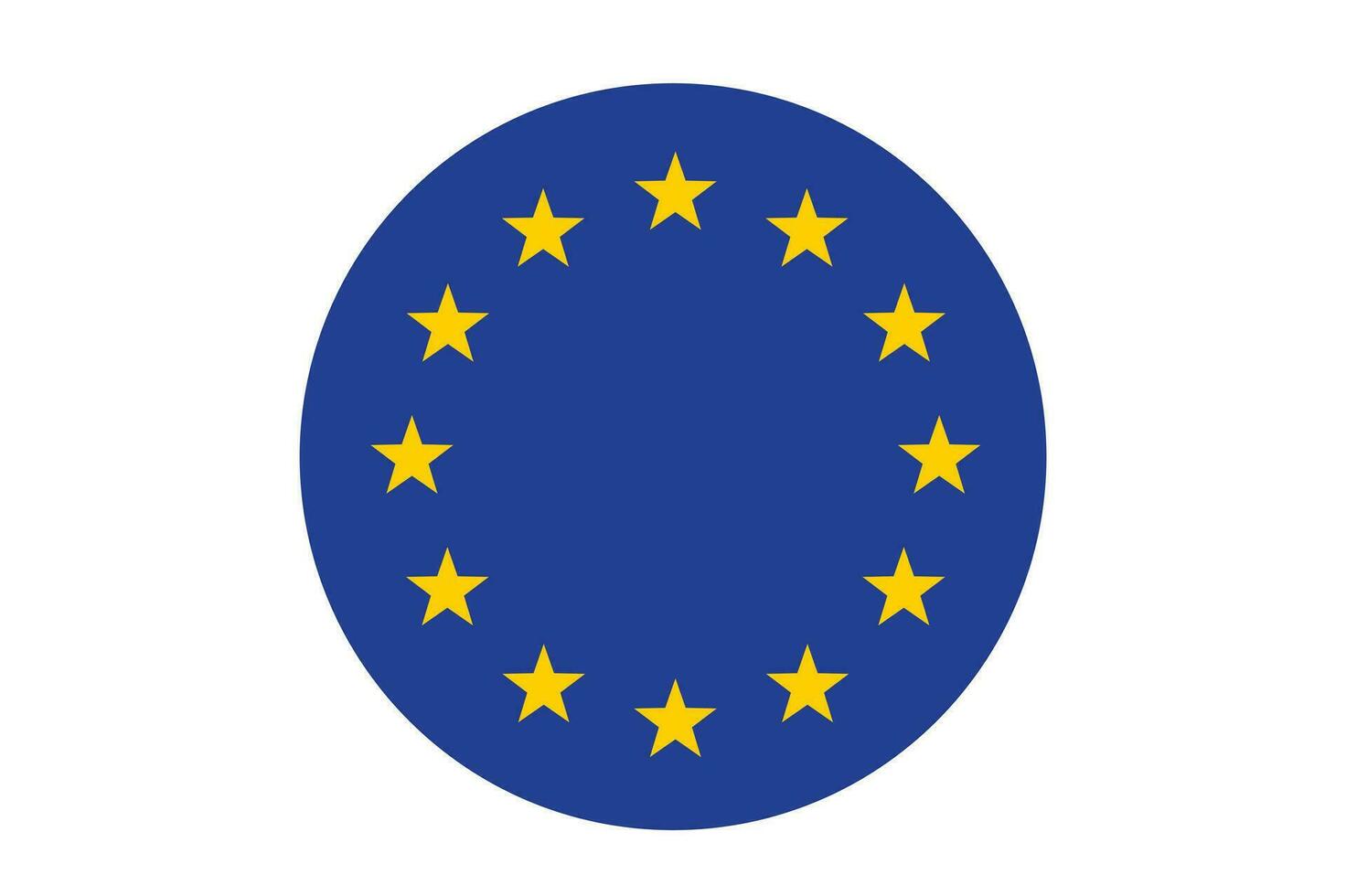The Financial Crimes and Financial Abuse Authority (FinCEN Netherlands) has dismantled a major international money laundering operation involving over 20 shell companies, multiple front businesses, and international fund transfers across Europe and Asia.
The total amount laundered is estimated to exceed €73 million, primarily tied to undeclared profits, criminal cash inflows, and tax evasion activities.
The investigation—codenamed Operation Mirror Ledger—began in January 2025 after irregular transaction patterns were detected involving Bravon Logistics B.V., a transport firm registered in Rotterdam, which reported minimal profits despite declaring international contracts exceeding €30 million annually.
FinCEN’s Transaction Surveillance Unit flagged 160+ suspicious payments routed through correspondent banks in Latvia, Singapore, and the UAE, involving entities with no genuine commercial activity.
Investigators uncovered a layered laundering structure using:
The network was coordinated by Yilmaz Eren, a 48-year-old Dutch-Turkish dual national with suspected ties to sanctioned financial networks in Turkey and Cyprus.
On 1 July 2025, simultaneous raids were carried out at:
Six individuals were arrested and face charges including:
As part of the enforcement, FinCEN froze and/or confiscated:
“This case shows how criminal networks use seemingly legal companies and false documents to launder large sums of illicit money,”
said FinCEN Deputy Director Ingrid van Roon.
“Through smart detection, cross-agency coordination, and aggressive enforcement, we are committed to protecting the integrity of the Dutch financial system.”
FinCEN urges businesses, financial institutions, and professionals to remember:
© FINCEN Nederlands 2025

Part of the European Union